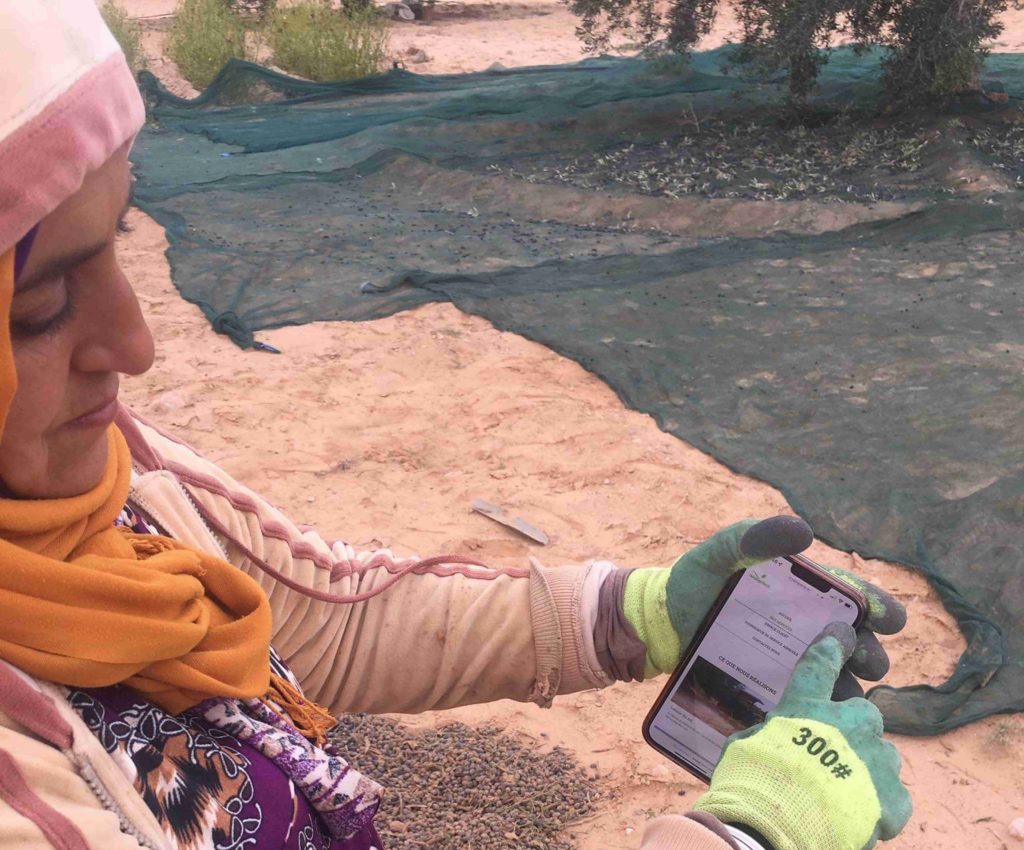Tunisia, a country with a rich agricultural heritage, is grappling with a range of sustainability challenges arising from ecological, socio-economic, and climatic pressures. In 2021, the unemployment rate surged to 18%, disproportionately affecting young people (40%) and women (22%). The agricultural sector stands as a cornerstone of the Tunisian economy, contributing to 10% of the GDP and employing 16% of the nation’s workforce. However, approximately two-thirds of Tunisians reside in major coastal cities, giving rise to interconnected challenges such as the encroachment on green areas, the abandonment of agricultural lands and the ageing of the agricultural sector. Adding to the complexity, Tunisia faces high vulnerability to climate change, with adverse effects including advancing desertification, increased aridity, and water scarcity. The rural populations bear the brunt of these climate change repercussions.
In response to these challenges, the PRIMA-funded SALAM-MED project, which aims to enhance the resilience of endangered dryland socio-ecological systems and to restore degraded ecosystems in arid and hyper-arid lands in six Mediterranean countries, introduces a promising solution through the LandAgritech application. Conceived by 37-year-old engineer Houssemedine Henchir, this digital platform was initially designed to address the pressing issue of land abandonment in the Médenine region (south-eastern Tunisia), where a staggering 60% of the agricultural land remains unused or abandoned. The LandAgritech app facilitates efficient agricultural management by matching the demand and supply of agricultural services, including soil tillage, supplementary irrigation, transport, and harvesting. The app also offers expert advice to identify users’ needs and allows them to track work progress in real time through innovative features like video and GPS. Currently operational with over 200 users in the Médenine region, efforts are underway to scale the platform within Tunisia and beyond as part of the SALAM-MED project.
Beyond its core objective of addressing land abandonment and degradation, SALAM-MED aspires to act as a catalyst for sustainable business opportunities, placing particular emphasis on women and youth. The agricultural sector in Tunisia heavily relies on a female workforce, engaging approximately half a million women, 32.5% of whom are informal workers. Despite being crucial contributors, women often face obstacles rooted in cultural norms and gender stereotypes. The SALAM-MED project is committed to dismantling these barriers, fostering the empowerment of women to participate independently in agriculture and promoting self-sufficiency. The LandAgritech app is an example of this, proving advantageous for women on two main fronts. Empowerment extends to both female landowners, reducing their dependence on male intermediaries to access agricultural services, and to female farmers, who not only increase their access to employment opportunities but also reduce the gender pay gap. The resulting ripple effect includes increased livelihood opportunities for women and a notable reduction in land abandonment.
One inspirational story from a female user of the LandAgritech app echoes the transformative power of technology harnessed within the SALAM-MED project. Much like many others, this young woman had left her rural hometown in pursuit of employment opportunities in urban areas. Leveraging the LandAgritech app’s innovative matchmaking services, she managed to overcome gender biases that had previously limited her access to employment in the agricultural sector. As a result, she not only returned to her rural hometown but was also able to negotiate for higher wages, challenging the gender pay gap that had long undervalued her contributions compared to her male counterparts. The app’s innovative approach of not distinguishing service providers by gender played a crucial role in overcoming existing disparities.
This success story underscores how the SALAM-MED project revitalizes rural communities not only by combating land degradation and abandonment but also by empowering individuals, particularly women and youth, offering a pathway to economic independence and challenging gender inequalities. FAO is a dissemination partner for the project outcomes and is assisting in scaling out the tested practices aimed to restore degraded land and enhance socio-ecosystem resilience in Mediterranean drylands.

